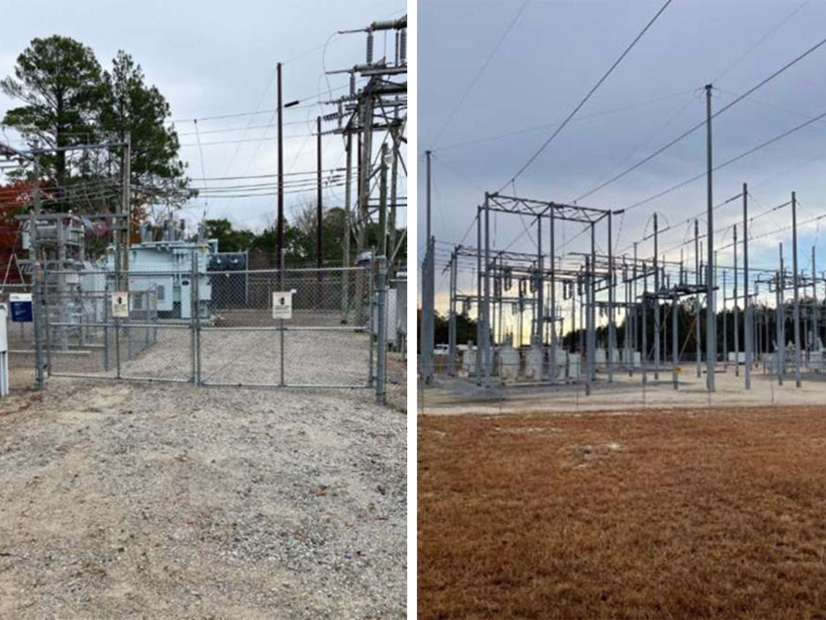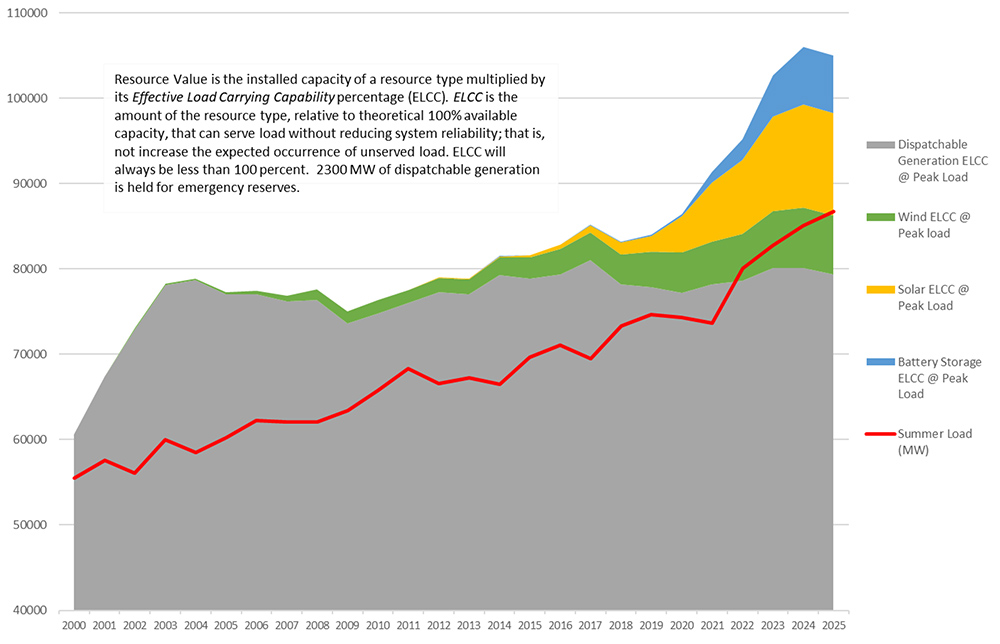Lansing, Mich. — After a month’s worth of weather-related outages that affected as many as 1 million customers across Michigan, the state’s two largest utilities are facing inquiries into why so many of their customers were left in the dark and why it took so long to restore power.
The Michigan House Energy, Communications and Technology Committee will hold a hearing March 15 looking into massive outages that primarily struck utility customers of Consumers Energy (NYSE:CMS) and DTE Energy (NYSE:DTE) over two consecutive weeks in February and the first days of March.
The Senate Energy and Environment Committee also is planning a hearing on the outages, but a list of witnesses has not been completed nor has a date been set, according to an aide to Chair Sean McCann (D).
In addition, the Public Service Commission soon will issue a request for proposals from third-party outlets to audit CMS and DTE regarding their ability to handle storms and respond to outages. The audits, ordered in October, could take a year to complete.
While customers of other utility systems — including the Lansing area’s municipal utility — also lost power during the series of storms, most of the affected residents were customers of Michigan’s two largest utilities, CMS and DTE.
As many as 1 million customers were left without power after a major ice storm hit the state on Feb. 22. Another ice storm hit on Feb. 27, knocking out power to some who had earlier lost service and had it restored; it also affected a new batch of customers. A week later, a major snow and windstorm knocked out power to another 200,000 customers, most of those DTE customers in the Detroit area.
Social media accounts across the state were filled for several weeks with outrage over the delays in having service restored. Many customers went more than a week without power, a situation that drew national attention. Affected customers complained that they pay some of the highest utility rates in the Midwest while enduring some of the worst service in the nation.
 DTE Energy called on more than 3,500 field workers to restore power from damage caused by a storm that had 15 cities in Southeast Michigan declare snow emergencies in early March. | DTE Energy
DTE Energy called on more than 3,500 field workers to restore power from damage caused by a storm that had 15 cities in Southeast Michigan declare snow emergencies in early March. | DTE Energy
Michigan ranked 46th among the states and the District of Columbia in reliability, according to a 2022 report by the Citizens Utility Board of Illinois that compared the average duration and frequency of outages along with average time to restore power.
The winter outages especially infuriated DTE customers who for several years have suffered blackouts following major wind and rainstorms during the summer.
In Ann Arbor, which along with the rest of Washtenaw County was hard-hit by outages, a city council member introduced a resolution calling on the legislature to help local communities be better prepared and more resilient against outages. The resolution, introduced by Ayesha Ghazi Edwin, urged the legislature to approve bills creating community solar systems as well as letting communities invest more in renewable energy and electric storage systems. The council has not yet acted on the proposed resolution.
Rep. Helena Scott (D) told the Detroit News that the House hearing will look into what needs to be done to prevent future outages.
“We cannot and will not simply accept that this is our new normal,” Scott said. “The power grid and associated infrastructure must be reinforced, updated and improved so that residents are safe, warm and receive the services they pay for.”
PSC Chair Dan Scripps will be one of the witnesses expected before the House committee hearing. The committee has not yet released a list of witnesses, but a spokesperson for CMS said the company’s senior vice president of engineering and vice president for electric operations will be speaking.
PSC spokesman Matt Helms said the audits are needed because “over the last couple of years, the commission has been aware that Michigan’s electric utilities are facing significant new reliability challenges as the state sees increasingly severe and frequent storms.”
Helms said the audits were the first time the PSC had undertaken such a comprehensive review of the utilities’ systems.
CMS spokeswoman Katie Carey said the utility is spending $5.4 billion over five years to strengthen its grid and reduced customer outages by 20% last year. “We understand the frustration that people are feeling after the historic ice storm, and this strengthens our resolve to do better,” she said. “We are open to ideas from the Michigan Public Service Commission, policymakers and others.”
DTE spokesman Peter Ternes said the company has spent more than $5 billion rebuilding its grid over the last five years and plans to increase its spending to $9 billion over the next five years. “DTE looks forward to appearing before the House and Senate energy committees to discuss our shared goals of improving reliability, delivering cleaner energy and maintaining affordability for our customers,” he said. “Our customers deserve a reliable electric grid, powered by cleaner energy.”

